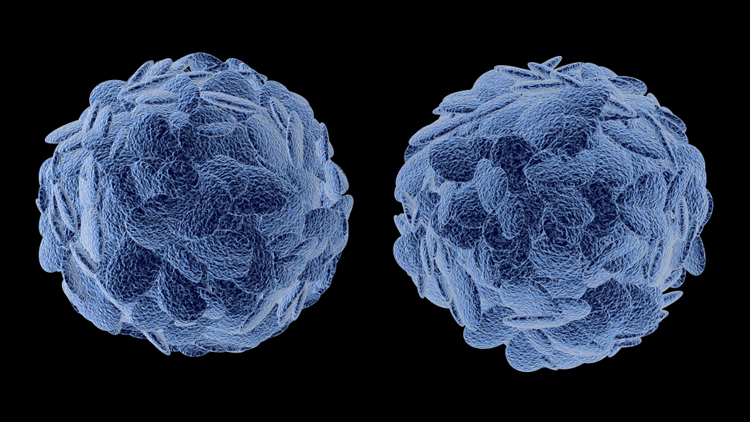PolTREG begins CAR-Treg development for neuroinflammatory disease
Posted: 27 September 2024 | Drug Target Review | No comments yet
After successful completion of the CAR-Treg preclinical study, the first in-human trial of the candidate to treat MS and ALS will commence.


A study using CAR-Treg cells in a humanised mouse model of neuroinflammatory disease has been launched by PolTREG S.A, which will measure safety and efficacy of the CAR-Treg cell therapy and govern the pathway to clinical evaluation, with data expected by March 30, 2025.
Professor Piotr Trzonkowski, Chief Executive Officer of PolTREG, commented: “This first preclinical study of our CAR-Treg cell therapy programme to treat neurodegenerative disease is a significant milestone for PolTREG. This may be our first CAR-Treg cell therapy candidate, but we expect it to benefit tremendously from the experience our team built up during more than a decade in manufacturing, developing and treating patients with PTG-007.”
As a global leader in developing autoimmune therapies based on T-regulatory cells (Tregs), PolTREG has its lead product PTG-007, an autologous Treg treatment for early-onset type-1 diabetes, ready for Phase II/III clinical testing. The CAR-Treg cells being used in the current preclinical study are derived from the company’s PTG-007 Treg cells which have 12 years of patient safety and efficacy data in type-1 diabetes from its leading technological and wholly owned GMP manufacturing facility in Poland.
Professor Trzonkowski added: “This lengthy track record gives us several competitive advantages, as the next-generation engineered Tregs that we are adding to our pipeline come from the same platform and show a large degree of bioequivalence with PTG-007. Because of our proprietary technology and expertise, we expect to be able to develop our engineered therapies with greater ease than others in this field.”
Following the successful completion of the CAR-Treg preclinical testing, the company plan to begin the first-in-human trial of the engineered candidate to treat Multiple Sclerosis (MS) and amyotrophic lateral sclerosis (ALS).
Furthermore, PolTREG is developing two additional modalities of engineered Treg cell therapies for autoimmune diseases: antigen-specific Tregs and T-cell receptor (TCR) Tregs. These are currently in early proof-of-concept stages.
Related conditions
Amyotrophic Lateral Sclerosis (ALS), Multiple Sclerosis (MS)



